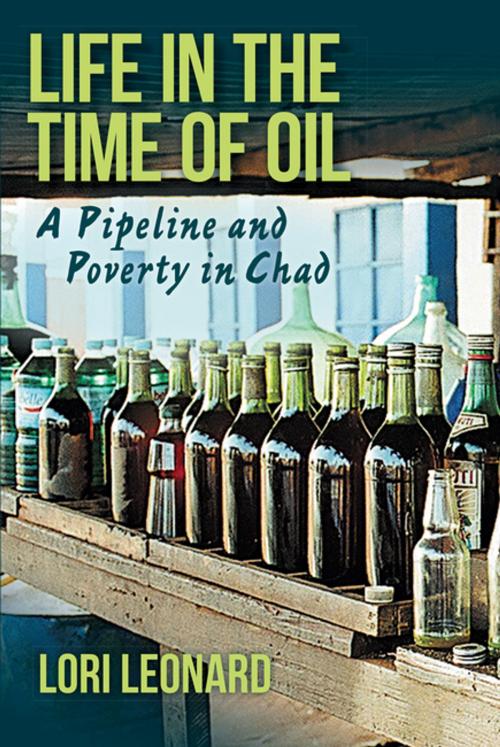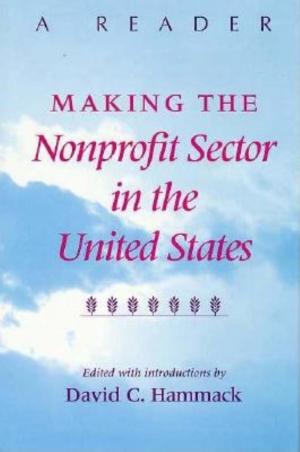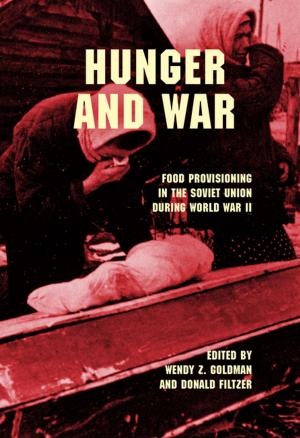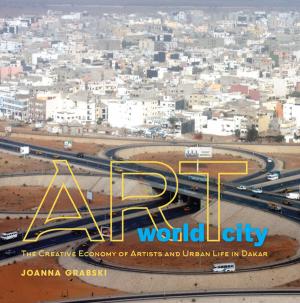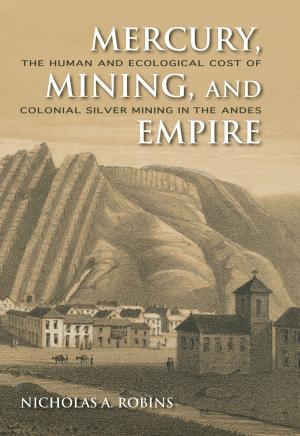Life in the Time of Oil
A Pipeline and Poverty in Chad
Nonfiction, Social & Cultural Studies, Social Science, Sociology| Author: | Lori Leonard | ISBN: | 9780253019875 |
| Publisher: | Indiana University Press | Publication: | April 4, 2016 |
| Imprint: | Indiana University Press | Language: | English |
| Author: | Lori Leonard |
| ISBN: | 9780253019875 |
| Publisher: | Indiana University Press |
| Publication: | April 4, 2016 |
| Imprint: | Indiana University Press |
| Language: | English |
Life in the Time of Oil examines the Chad-Cameroon Petroleum Development and Pipeline Project—a partnership between global oil companies, the World Bank, and the Chadian government that was an ambitious scheme to reduce poverty in one of the poorest countries on the African continent. Key to the project was the development of a marginal set of oilfields that had only recently attracted the interest of global oil companies who were pressed to expand operations in the context of declining reserves. Drawing on more than a decade of work in Chad, Lori Leonard shows how environmental standards, grievance mechanisms, community consultation sessions, and other model policies smoothed the way for oil production, but ultimately contributed to the unraveling of the project. Leonard offers a nuanced account of the effects of the project on everyday life and the local ecology of the oilfield region as she explores the resulting tangle of ethics, expectations, and effects of oil as development.
Life in the Time of Oil examines the Chad-Cameroon Petroleum Development and Pipeline Project—a partnership between global oil companies, the World Bank, and the Chadian government that was an ambitious scheme to reduce poverty in one of the poorest countries on the African continent. Key to the project was the development of a marginal set of oilfields that had only recently attracted the interest of global oil companies who were pressed to expand operations in the context of declining reserves. Drawing on more than a decade of work in Chad, Lori Leonard shows how environmental standards, grievance mechanisms, community consultation sessions, and other model policies smoothed the way for oil production, but ultimately contributed to the unraveling of the project. Leonard offers a nuanced account of the effects of the project on everyday life and the local ecology of the oilfield region as she explores the resulting tangle of ethics, expectations, and effects of oil as development.
